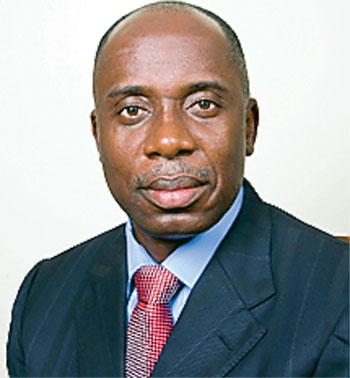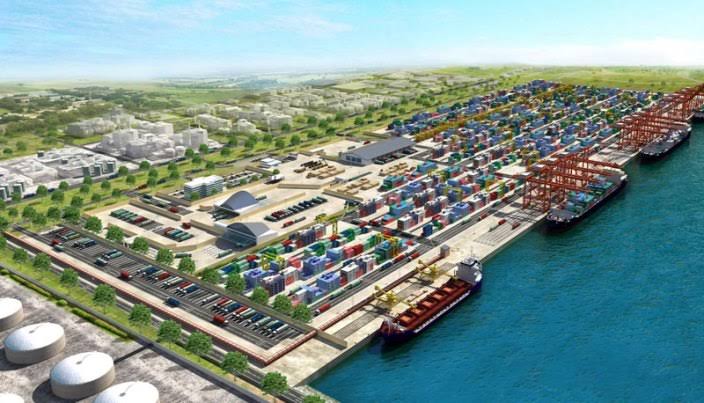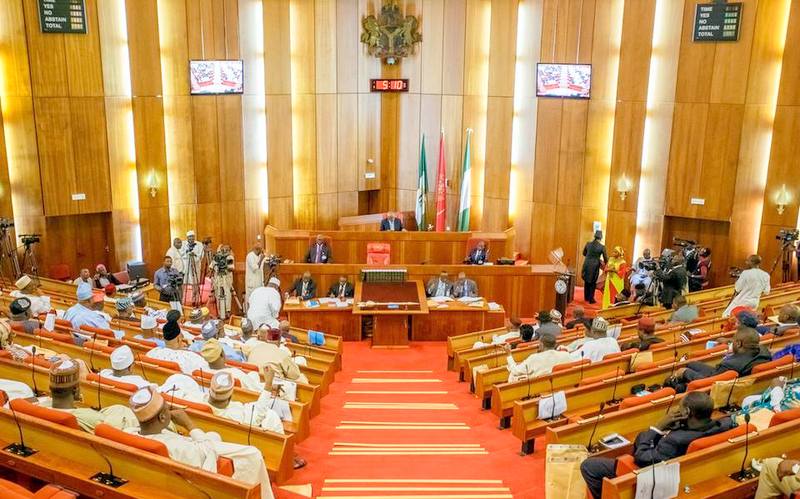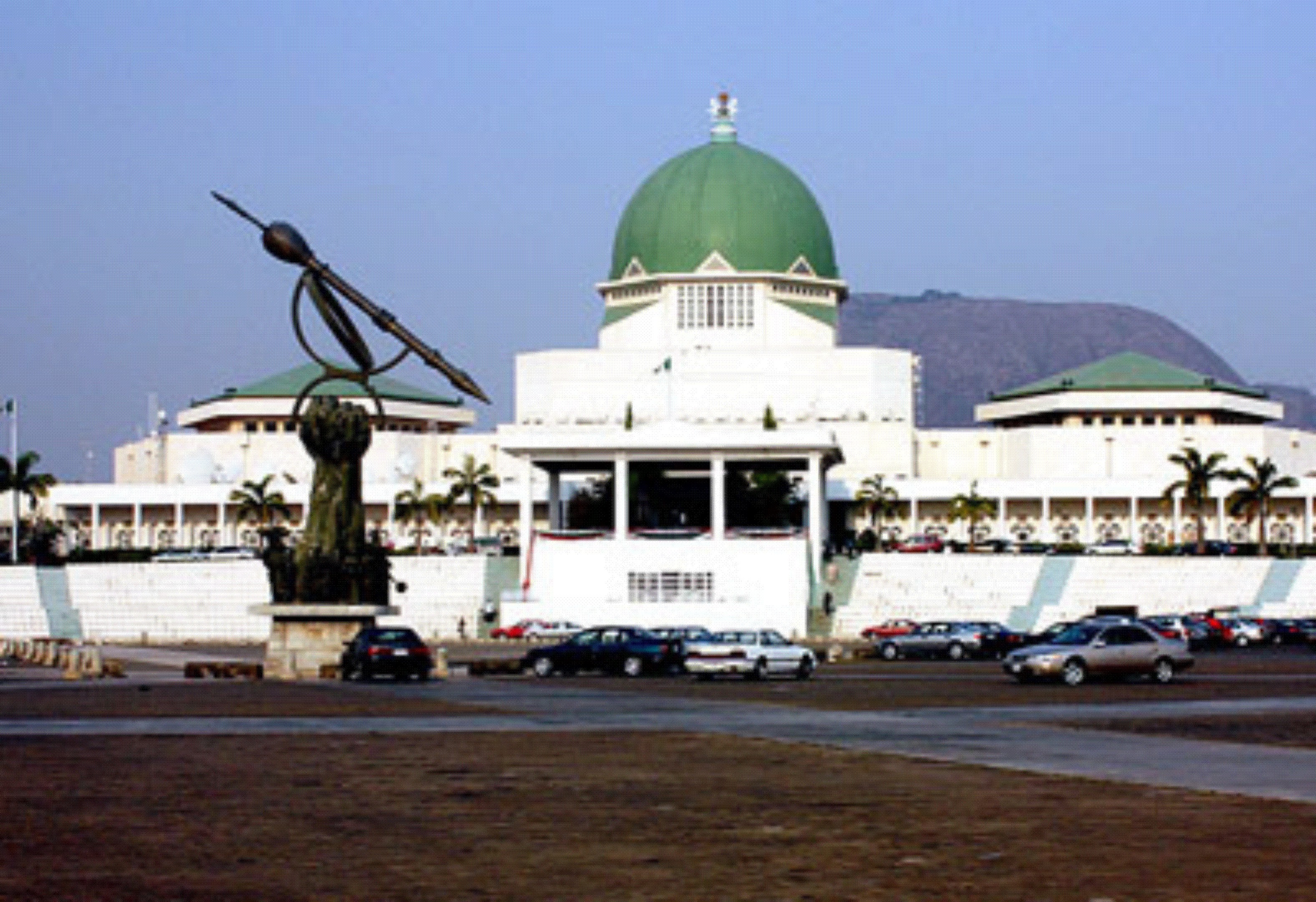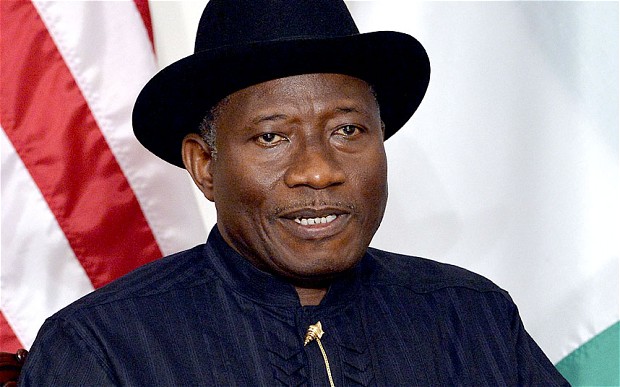The Federal Government is committed to revive the nation’s economy with transport having a major contribution to the GDP. Minister for Transport, Hon. Rotimi Amaechi, said the government is determined to fully explore and exploit revenue opportunities in the transportation sector.
Amaechi hinted that the first step towards tapping the potentials in the sector would be initiated by sponsoring a bill that will open up the industry to both local and foreign investors.
According to him, the transportation industry does not only hold the key to any economy but that it also forms the basis for all socioeconomic interactions.
He said this shortly after a familiarization tour at the Murtala Muhammed Airport (MMA), Lagos in company of the Minister of Aviation (State), Alhaji Hadi Sirika and aviation agency chief executive officers.
“As a first step, the government will pursue the enactment of legislation that will open up the sector to new investments that will lead to economic prosperity. Among the bills that are ready for legislative action is the National Transport Commission Bill – an act to provide for the establishment of a National Transport Commission as an independent multidimentional economic regulator and other related matters. This bill, among others, has been approved by the Federal Executive Council (FEC) in March 2014.” He disclosed.
He added that Nigeria, like other countries, suffered inadequate transportation services but Nigeria’s situation is different because the transport sector is worse compared to that of other nations.
He listed the problem facing the Nigerian transport system to include bad roads, inadequate fleet of busses and trucks; irregular and inadequate trains and airplanes services and congested ports.
Also related to these problems are: physical problems such as the dearth of suitably trained transport managers and planners, capital restructuring bottlenecks, serious issues of institutional reforms and ineffective traffic regulations.
“The transportation sector holds the key to any economy and forms the basis of all socioeconomic interactions. Like many other countries, Nigeria suffers the bane of inadequate transportation but perhaps worse than other countries. Nigeria’s huge population puts enormous pressure on a very poor transport infrastructure that bedevils the nation,” he lamented
Amaechi argued that the 1.41 per cent the transport sector contributes to the Gross Domestic Product (GDP) was unacceptable going by the several opportunities it has, adding that for the industry to play a major role in the economy of Nigeria, urgent steps must be taken to exploit the opportunities that abound.
To buttress his point, the Transport Minister mentioned countries like South Korea and Singapore who, according to him, have built their economies around a vibrant transportation sector, adding that although Nigeria is blessed with multiple modes of transportation to the envy of others, they have remained economically stagnant.

 Business1 week ago
Business1 week ago
 Football1 week ago
Football1 week ago
 Entertainment6 days ago
Entertainment6 days ago
 Latest1 week ago
Latest1 week ago
 Entertainment3 days ago
Entertainment3 days ago
 Latest1 week ago
Latest1 week ago
 Business1 week ago
Business1 week ago
 Comments and Issues6 days ago
Comments and Issues6 days ago
